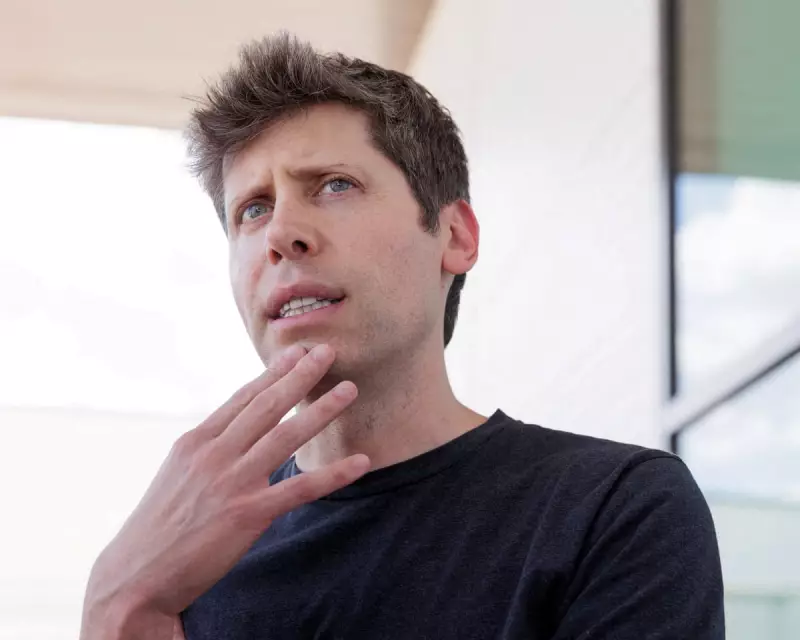
In a move that's sending shockwaves through creative industries, OpenAI CEO Sam Altman has made startling claims about the copyright status of videos produced by their new Sora 2 generator. The artificial intelligence giant appears to be testing the boundaries of intellectual property law in ways that could redefine creative ownership.
The Copyright Conundrum
During recent demonstrations, Altman suggested that content generated by Sora 2 might not be considered derivative works, despite the AI being trained on millions of copyrighted videos and images. This position challenges fundamental principles of copyright law that have protected creators for generations.
Legal Experts Sound Alarm
Intellectual property specialists across the UK are raising serious concerns about OpenAI's stance. This represents a fundamental threat to the creative ecosystem, warns one London-based media lawyer. If AI companies can bypass copyright by claiming their outputs are entirely new creations, we're looking at the potential collapse of protection for human creators.
What Sora 2's Capabilities Mean for Creatives
The timing of these claims coincides with Sora 2's dramatically improved capabilities:
- Hyper-realistic video generation from text prompts
- Significantly longer output durations
- Improved understanding of complex physical interactions
- Enhanced stylistic consistency
The Broader Implications
This isn't just about video generation. The precedent set by OpenAI's position could affect:
- Music and audio AI tools
- Literary and journalistic AI applications
- Photographic and artistic AI systems
- The entire framework of digital creative rights
As the legal and ethical debate intensifies, one thing is clear: the battle over AI and copyright is just beginning, and its outcome will shape the future of creativity itself.





